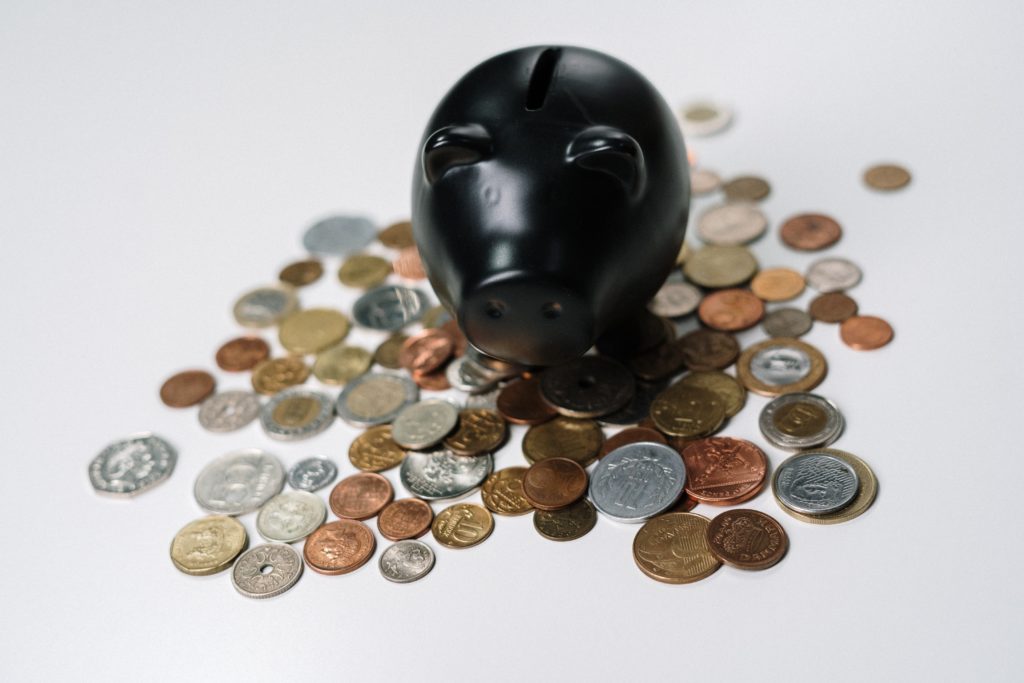As the global economy continues to struggle and financial indicators point towards a looming economic recession, it is important to understand what this means for businesses and individuals. This article will discuss how an economic recession can affect businesses, consumers, and governments — as well as how to prepare for such a downturn.
How a Recession Can Affect Society
For businesses, an economic recession could mean widespread layoffs, declining profits, and decreased consumer spending. As demand drops, companies may be forced to cut costs by reducing staff or materials in order to stay afloat. Businesses may also have difficulty securing financing from banks due to tight credit conditions. It’s essential that businesses develop strategies now for weathering tough times ahead.
Consumers too will likely feel the pinch of a global recession. An economic downturn would mean tight budgets, and it could be difficult for people to make ends meet as wages stagnate or decline. Consumers may find it more difficult to access credit, obtain mortgages, and secure loans due to lenders’ tightened purse strings. Joblessness could also rise — both because of business layoffs and the difficulty of finding new employment opportunities in a recessionary economy.
Governments will also likely feel the effects of an economic recession. As government revenues drop due to declining tax revenues, they face increasing pressure to reduce spending while attempting to stimulate the economy through fiscal policy measures. Governments may be forced to increase taxes on businesses and individuals in order to pay for social programs designed to help those affected by the recession.
7 Easy Ways To Save Without Struggling
It is important to understand the potential impact of an economic recession in order to prepare for such an event. Businesses should develop strategies now for minimizing costs, such as reducing staff and materials, in order to remain profitable. They should also consider diversifying their revenue sources by tapping into new markets or considering alternative streams. Consumers should strive to reduce debt and save enough money that they can cover basic needs during tight times ahead. Governments must be proactive and develop measures to stimulate the economy without increasing taxes on businesses and individuals.
Though a global economic recession may seem far off, it is important to start preparing now — before it’s too late. By understanding how a recession could affect businesses, consumers, and governments, as well as what steps they can take to minimize the effects of such an event, we can all be better prepared. Here are five easy ways to save money without breaking a sweat:
Go Big

Buying in bulk can help you save money over time. Although it may seem counterintuitive to spend more upfront, buying items in larger quantities offers ways to reduce costs and make the most of your budget.
For example, buying larger quantities allows you to take advantage of lower unit costs. The law of supply and demand dictates that the more you buy, the cheaper it will be. Purchasing items in bulk means that you can save money on each individual item because suppliers are willing to offer discounts for larger orders.
Buying in bulk also saves time and energy. Instead of running back and forth to the store every week and stocking up on just a few items, you can buy everything at once and be done. This reduces the amount of time you spend shopping, which means more time doing other things.
Create a Shopping List

One of the easiest ways to save money while grocery shopping is by creating a shopping list. Having a plan of what you need and sticking to it helps you avoid making impulsive purchases, which can add up quickly. Using a shopping list also helps you to know exactly how much money you need to bring and keeps you from overspending.
Creating your list before heading out can also help ensure that you don’t forget any items. Making multiple trips to the store is time consuming, and can lead to further impulse purchases that are unnecessary. With a shopping list, you’ll be sure to get all the items you need without wasting precious time or money.
Invest in a Piggy Bank

Using a piggy bank is an age-old way of saving money, and it is a great tool to help you reach your financial goals. Every time you receive coins or notes as change, put it into the piggy bank instead of spending it immediately. Over time, this can add up to quite a tidy sum! Not only will putting away loose change give you better ways to save money, but it’s also an excellent visual reminder of how far you have come.
Of course, if you want to take saving money even more seriously, there are various ways that you could use your piggy bank for bigger savings too. For example, you could challenge yourself to saving $100 in coins before you spend it. That way, you can track your progress and eventually reap the rewards of your hard work.
So why not try a piggy bank? It may be an old classic, but it can be a powerful tool for financial management.
BYOC (Bring Your Own Coffee)

Brewing your own coffee at home can be the easiest and most enjoyable way to save money. Not only is it cost-effective, but it also allows you to customize your cup of joe according to your tastes or preferences.
Quality brewing equipment is essential for making great coffee. Investing in an espresso machine or French press will allow you to make quality coffee without having to buy expensive espresso drinks from a cafe.
And don’t forget, brewing coffee doesn’t have to be complicated or expensive. There are plenty of ways to save money and still enjoy a great cup of coffee, such as using cold brew methods, manual drip brewers, or even just using a French press.
Do-It-Yourself

Making your own natural cleaning products is a great way to save money while still getting the job done.
For example, a simple mixture of one part vinegar to one part water makes an excellent all-purpose cleaner. And baking soda is an effective cleaning agent that can be used to remove tough stains and odors from surfaces such as carpets, furniture, and upholstery.
By foregoing store-bought cleaning solutions, you’ll be able to customize your cleaning routine to fit your specific needs and budget. Plus, since many of these products are made from items around the house, you can even repurpose them when they run out.
Cancel Unused Services

Do you ever wonder where all your money is going? You might be surprised to see how much of it goes towards services and subscriptions that you just don’t use.
From streaming sites like Netflix to apps for ordering food and shopping, there’s often an ongoing cost associated with them. And fortunately, unsubscribing from these services can help you save significant amounts of money.
Prioritize the services you use most often and consider unsubscribing from the ones you don’t use. Some streaming services offer multiple tiers with different levels of access – think about what you actually use and if it’s worth the cost for that particular subscription.
You can even further save money on the services you do use. Many services offer discounts for yearly payments or ways to bundle multiple services together. Familiarize yourself and take advantage of the budget-friendly options available to you.
Try a Dietary Change

The meatless lifestyle is becoming increasingly popular and with good reason. Not only is it healthier for our bodies, but it can also be kinder to your pocketbook. That’s right: going meatless can help you save money.
Instead of splurging on expensive cuts of beef, why not opt for legumes or other plant-based proteins that contain the same amount of protein but cost much less? Lentils, black beans, quinoa, and soy products are all great options that provide plenty of nutrition without breaking the bank.
You can make Meatless Mondays last all week for a better way to save on eating out and grocery bills.
Be Proactive

Preventative health care is an excellent way to save money in the long run. By taking proactive steps to look after your wellbeing, you can protect yourself from costly medical bills down the line.
For example, regular check-ups with your doctor can help you identify any emerging health conditions before they become more severe. By catching an illness or condition early on, you may be able to avoid costly treatments later down the line.
Not to mention, regular visits to your doctor can also help prevent emergency room visits in the future. Emergency care is extremely expensive, and can easily be avoided with proactive health care.
So take a proactive approach to your physical and mental wellbeing. Taking steps towards a healthier lifestyle can help you avoid costly medical issues in the future. Eating healthy foods, exercising regularly, getting enough sleep, and managing stress levels are all ways that you can take preventive measures to protect your health.
And by taking preventive steps to look after your health, you can save money in the long run and promote a healthier you.
Opt For Water

Are you looking for ways to help your wallet stretch a little bit further? Consider adopting the age-old advice of “drink water!” Not only is it good for your health, but it can also be great for your finances.
For example, purchasing a two-liter bottle of soda every week can really add up over time. And energy drinks are expensive and often contain unhealthy amounts of sugar, caffeine, and other chemicals. Instead, try drinking filtered water with a splash of lemon or other fruit juice as a healthier and more cost-effective option.
If you’re a coffee drinker, that daily latte may seem like an innocent purchase, but it can start to wear a hole in your wallet. Consider investing in a reusable coffee mug and opting for black coffee or tea for a much more affordable, healthier option.
